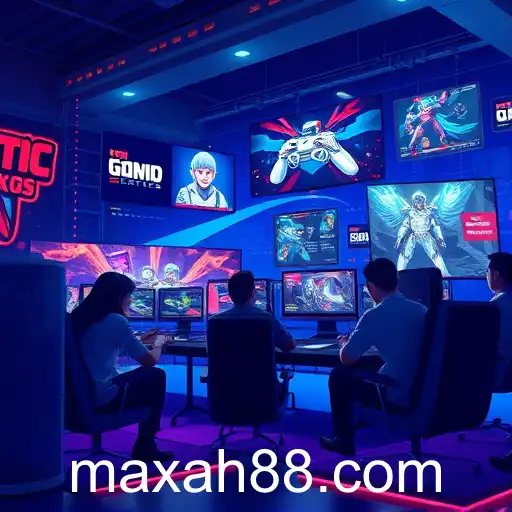
In recent years, online gaming has undergone a significant transformation, not only technologically but also in its role within the broader cultural and social dynamics. Platforms like ah88 are at the forefront, reshaping how communities form and interact in virtual environments. With the world increasingly leaning towards digital content, gaming has emerged as a primary leisure activity, offering both entertainment and socialization. Its growth is fueled by advancements in technology, including virtual reality and cloud gaming, which are creating more immersive experiences for players globally.
The rise of gaming platforms such as ah88 in 2025 highlights a paradigm shift in how individuals seek connection and engagement. These platforms, which host thousands of players daily, have become more than just games; they are virtual societies where players develop relationships, collaborate on challenges, and even gather for virtual events. This shift towards social gaming underscores a new era where digital platforms aim to replicate and even enhance social experiences traditionally found in the physical world.
Moreover, the accessibility of gaming across various devices has broadened its demographic reach, allowing people of all ages and backgrounds to participate. This inclusivity fosters diverse communities, bringing together different perspectives and cultural expressions, which enrich the often competitive nature of gaming.
However, this evolution also brings challenges. Issues such as online harassment, data privacy concerns, and the potential for addiction require ongoing attention. Stakeholders, including game developers and regulatory bodies, are tasked with creating balanced ecosystems that ensure safe and enjoyable environments for all users.
As we navigate through 2025, the role of platforms like ah88 in redefining social interaction continues to be an area of interest for researchers and commentators alike. They represent the cutting edge of digital interaction, offering insights into how technology can both challenge and enhance our traditional understanding of community and interaction.


